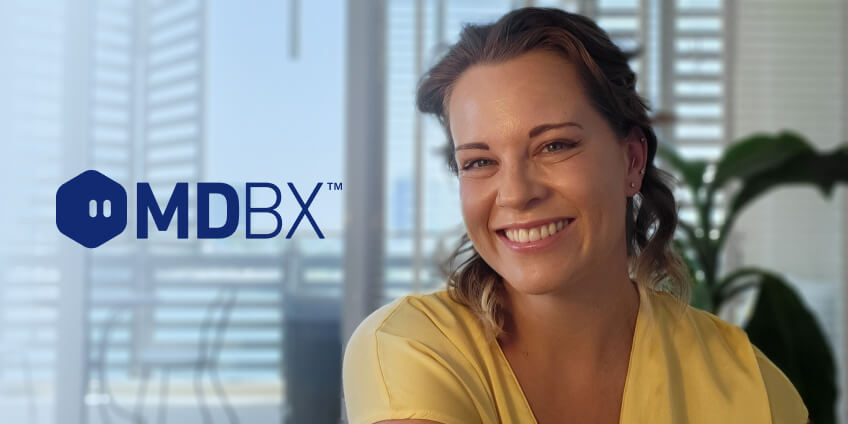Kareem Elsirafy on Startups, Budgetary Needs, Resource Allocation, and Building a Runway
Entrepreneurs running an early-stage startup undeniably endure challenges that are difficult to predict or plan for well in advance, but many of these challenges can be avoided or at least mitigated through a strategic approach in which short-term and long-term budgetary needs are clearly identified and optimized. Through the utilization of an optimized strategic approach, an early-stage startup should be able to create the 18-month runway necessary to build the initial foundational elements for long-term entrepreneurial success.
Creating a Hiring Budget
Bringing on a talented staff of professionals is an obviously critical component in ensuring the long-term success of a startup company, and it is well understood that there are significant costs associated with various aspects of the hiring process. It is also necessary to recognize that any mistakes made in the hiring process can quickly undermine even the best-laid budgetary plans for a startup. Startup entrepreneurs should rely on freelancers wherever possible and should allocate resources for hiring permanent staff only when doing so is a clear priority and is based purely on addressing a specific need to ensure the startup’s long-term success.
Determining the Optimal Time to Invest in Marketing
It is all too common for startup entrepreneurs to mistakenly believe that it is possible to delay making an initial investment in marketing. This approach creates unnecessary challenges that will be difficult to overcome in the future, which is why it is so critical for entrepreneurs to determine the optimal time and amount to invest in an initial marketing or advertising campaign.
Breaking It All Down: Technology and/or Product Spend vs. Sales and Marketing
As a general rule of thumb, a startup should plan to invest anywhere from 10 to 20 percent of its projected revenue on marketing. During this process, it is typically best to operate under the assumption that revenue projections might be short by as much as 15 to 20 percent. Allocating the appropriate percentage of funds to marketing or advertising campaigns will ensure that a startup company’s technology and product spend delivers a sizable return on the initial investment, as even the most innovative products or service offerings will underperform without a targeted campaign designed to generate widespread consumer awareness.
Developing a detail-oriented budgetary strategy is a critical step for every startup entrepreneur, and careful planning is required to ensure any startup ultimately benefits from the 18 months of runway made possible by a thoughtful approach to budgetary planning and resource allocation.



